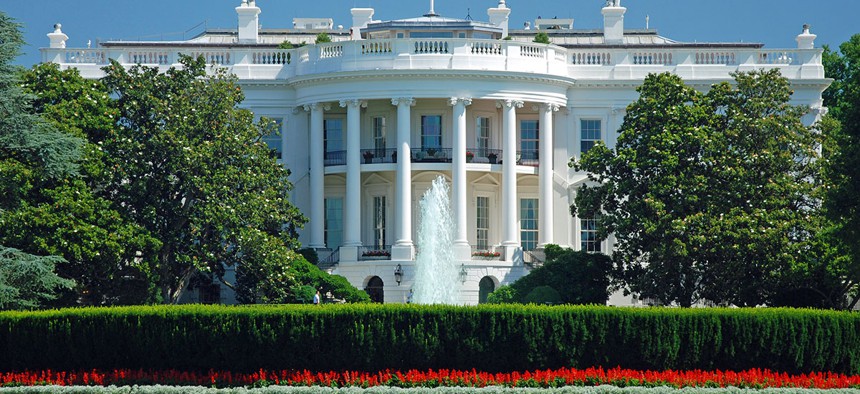Now You Can Tell Trump or Clinton How to Handle Hackers

Vacclav/Shutterstock.com
The national cybersecurity commission is taking ideas from experts.
Now is your chance to weigh in on what the next U.S. president should do to keep hackers out of your information and the more than $260 billion digital economy.
The newly formed Commission on Enhancing National Cybersecurity expects by early July to issue a request for information on what steps should be included in the panel's final Dec. 1 recommendations.
Among the roughly dozen areas for action are identity protection, federal IT security, and international cyber agreements, as well as networked cars, refrigerators and other objects connected to the internet of things, according to the commission’s past meeting minutes.
"The way that we are approaching this is -- how does cybersecurity fit into the digital economy moving forward," said commission executive director Kiersten Todt on Wednesday.
The advisory body, created by President Barack Obama, has "drafted an RFI, which it looks like it will be released to the public in probably two weeks," she said.
The concrete tactics are aimed at helping individual consumers, private organizations of any size and government at all levels, she told the U.S. Information Security and Privacy Advisory Board on Wednesday.
Some tasks will be short term, applicable starting Dec. 2, while some tactics could take until around 2026 to complete.
That means presumptive Democratic presidential nominee Hillary Clinton or rival GOP candidate Donald Trump will be responsible for carrying out the lion's share of the cybersecurity measures, along with one or two other future presidents.
So far, commission members including Steven Chabinsky, chief risk officer at security firm CrowdStrike, Keith Alexander, former National Security Agency director, and Uber Chief Security Officer Joe Sullivan are grappling with the one major dilemma: humans.
"We're having the same type of cybersecurity problems," Todt said. "We're seeing them in different environments. We're seeing them have different vulnerabilities, but essentially, they are the same problems."
So, the committee has been discussing why previous approaches to bolster data security have failed, as well as what has and has not worked in past reports to presidents and grand national strategies, she said.
While contemplating a change of perspective, "one of the key themes that continues to come up is the human behavior and incentive component of cybersecurity," Todt added.
"What is the role of humans in addressing cybersecurity issues?" she questioned.
In a couple of weeks, you can tell her, Obama, and Clinton or Trump.






